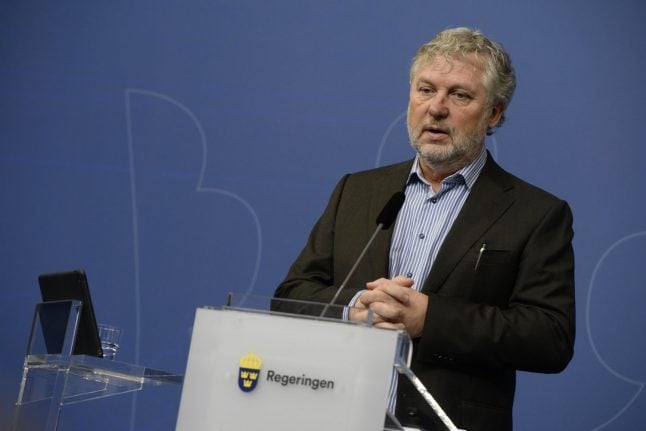Under the proposal, PTS would be be allowed to mandate a functional separation, which requires dominant operators to separate their network infrastructure from their services division.
In practice, the proposal means that Telia Sonera can be forced to clearly carve out the company that manages the firm’s copper network from the rest of the company. The company would then sell its services to competing operators on equivalent terms.
Telia Sonera would still be able to keep ownership rights for accessing the copper-wire network.
Infrastructure Minister Åsa Torstensson hopes that the move would lead to lower prices for broadband internet services.
“The aim is to provide consumers with greater choice in broadband services and make changing operators easier. Moving forward we also believe it will lead to lower prices for broadband services,” Torstensson said in a statement.
The EU Commission must also give its blessing before before PTS can proceed with any proposed functional separation.
Telia Sonera isn’t too concerned about the new proposal.
“We’ve already created a company for our copper-wire network and we don’t believe that this law will ever be applied,” said Ola Kallemur, a spokesperson for the company.
“The EU Commission only approved this coherent law if cases where competition isn’t working properly and no other tools can be used. And the Commission has pointed to Sweden as a role model for how competition should work, so we are not too concerned,” said Kallemur.
The Social Democrats welcomed the government’s proposal and judge it to be good for competition. But the suggestion may be in doubt should the government decide to privatize Telia Sonera completely.
“If a private actor gets access to the copper-wire network there is a risk that classified information from, let’s say, the Armed Forces, could end up in the wrong hands. That could be a risk to national security,” said Désirée Liljevall, the Social Democrats’ spokesperson for telecom issues.


 Please whitelist us to continue reading.
Please whitelist us to continue reading.